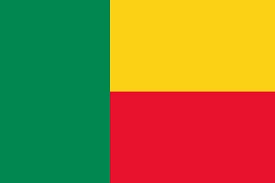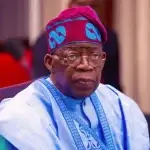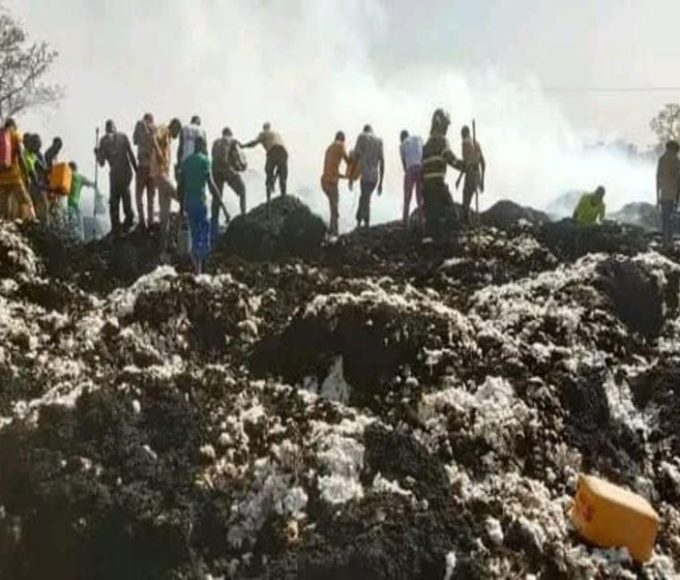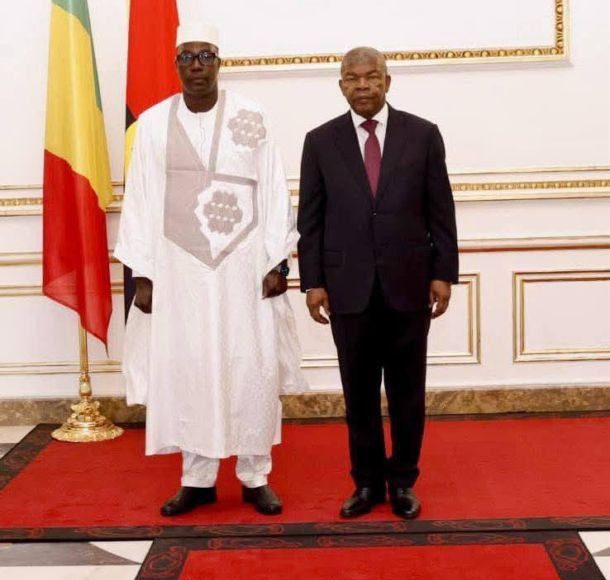
The Creation of a Republican Monster by France-Afrique and the Lack of Patriotism in Benin

For the informed observer, it is clear that France did not want to grant, and has not actually granted, independence to any country in sub-Saharan Africa. Plunged into serious economic and financial difficulties at the end of the second world war, and aggravated by the wars in Indochina and Algeria, it carefully crafted the pseudo-independences of the 1960s. This system, called France-Afrique, allowed it to place docile leaders at the head of countries to continue controlling the resources of its former colonies.
When Guinea left the French Community in 1958 (creator of the African Colonial Franc—CFA—still in use today), where the choice was supposedly free and democratic, we still remember how it was opposed by this same France. After this incident, those (Modibo Keita, Thomas Sankara, etc.) who wished to experience true independence in their country were simply eliminated. And, according to French President Emmanuel Macron’s February 27 speech, the Africans who rejected fruitless military cooperation are ungrateful. The only question we can ask ourselves here is whether this good fellow is a newcomer or is he pretending to be totally amnesiac:
The crime of slavery: enriching France (and other Western countries) at the expense of Africa,
The crime of colonisation: enriching France at the expense of Africa,
The crime of neo-colonisation: enriching France at the expense of Africa,
The crime of forcing Africans to participate humanely in the two world wars and massacring the survivors of the latter at Thiaroye, so as not to have to pay them what they were owed, etc. In Benin (Dahomey at the time), France, which was in charge of the supervision, forced Prime Minister Sourou M Apithy, who was involved in the African anti-colonial struggles, to resign in May 1960 and replace him with Hubert Maga, who was supposed to be more docile (the vagueness surrounding independence) before granting the pseudo-independence of 1960.
This only lasted three years and the country fell into political instability (neo-colonial interests being privileged) which was put to an end by Mathieu Kérékou’s coup in 1972. The latter established a Marxist dictatorship that popular uprisings had repealed by the Conference of the Living Forces of the Nation in February 1990. The presidential council that the 1972 coup put an end to was called a “three-headed monster,” and of course, neocolonial interest was still at stake; not to absolve the responsibility of the national actors: Maga, Ahomandegbé, Apithy and the intellectuals who supported them. Thus, such practices as the association of France-Afrique and the lack of patriotism of the executives ended up generating the one-headed monster that is President Talon; well with the democratic constitution of December 11, 1990, as was the case with a democratic Germany under Hitler. It is up to the Beninese people to come out of their torpor to resolve this problem as they knew how to do in 1989-1990.
France had nothing in its coffers to pay those who were called the Senegalese riflemen, which is why they were massacred in Thiaroye, Senegal (editor’s note).
Read More:
- Namibia’s New President to Offer Free University Education from 2026
- Gunmen Abduct 35 Passengers in Separate Attacks Along Akwa Ibom-Cross River Waterways and in Benue
About The Author
Related Articles
Zimbabwe Rejects $350m US Health Deal Over Sovereignty Dispute
Zimbabwe has formally withdrawn from negotiations on a proposed $350 million health...
ByWest Africa WeeklyFebruary 25, 2026Niger’s President Outlines Vision for Strategic Partnership with China
Niger’s Head of State, General Abdourahmane Tiani, has articulated a renewed vision...
ByWest Africa WeeklyFebruary 25, 2026Fire Destroys 140 Tonnes of Cotton in Western Burkina Faso
A major fire has destroyed more than 140 tonnes of cotton in...
ByWest Africa WeeklyFebruary 25, 2026Mali’s New Ambassador to Angola Presents Credentials, Pledges Stronger Bilateral Ties
Diplomatic relations between Mali and Angola entered a new phase on February...
ByWest Africa WeeklyFebruary 25, 2026












Leave a comment